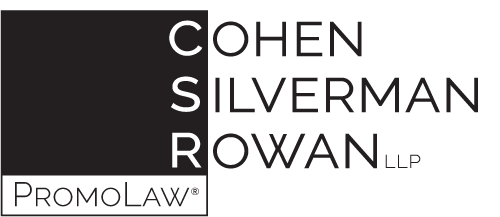In June 2009, the Governor signed into law “An Act to Prevent Predatory Marketing Practices against Minors.” The law, which became effective September 11, 2009, prohibited the collection of health-related information or personal information for marketing purposes from minors without first obtaining the verifiable consent of the minor’s parent or legal guardian. Although not so indicated by its terms, the law seemed to apply only to online activities as was included in a section of Maine statutes specifically regulating electronic commerce. As it was not defined in the new law, “minor” referred to anyone under 18. As such, the Maine law was broader in scope than the federal Children’s Online Privacy Protection Act, which defines “child” as a person under 13. Violations would have been punishable as a civil violation with penalties of between $10,000 and $20,000 for the first violation and $20,000 for a second or subsequent violation. In addition, the law permitted a private right of action for damages.
In late August, 2009, a group of marketers and publishers filed a lawsuit challenging the constitutionality of the Act, alleging that it violates the First Amendment, the dormant Commerce Clause, and state preemption provisions in the Children's ONline Privacy Protection Act. Named plaintiffs included the Maine Independent Colleges Association, Maine Press Assocation, Netchoice and Reed Elsevier, Inc. In response, the Maine Attorney General's office indicated that it would not act to enforce the law as drafted, saying it definitely needed fixing. As a consequence, the parties agreed to a dismissal of the lawsuit on September 9, 2009.
The 2010 Maine legislature repealed the law in its entirety in a bill that was signed by the governor as an emergency measure on March 29, 2010.
